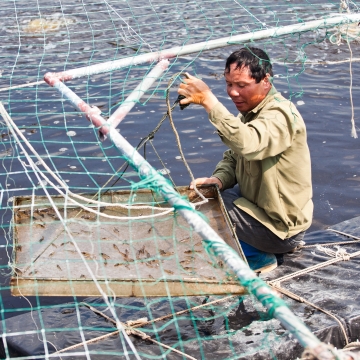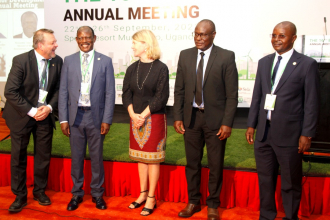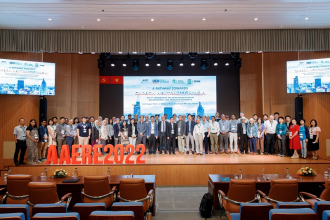
“Economists need to be empirical in teaching and researching the economics of water”
Professor Michael Hanemann urged economists to be empirical rather than theoretical when teaching and researching the economics of water when he made his keynote presentation at EfD’s Annual Meeting…





